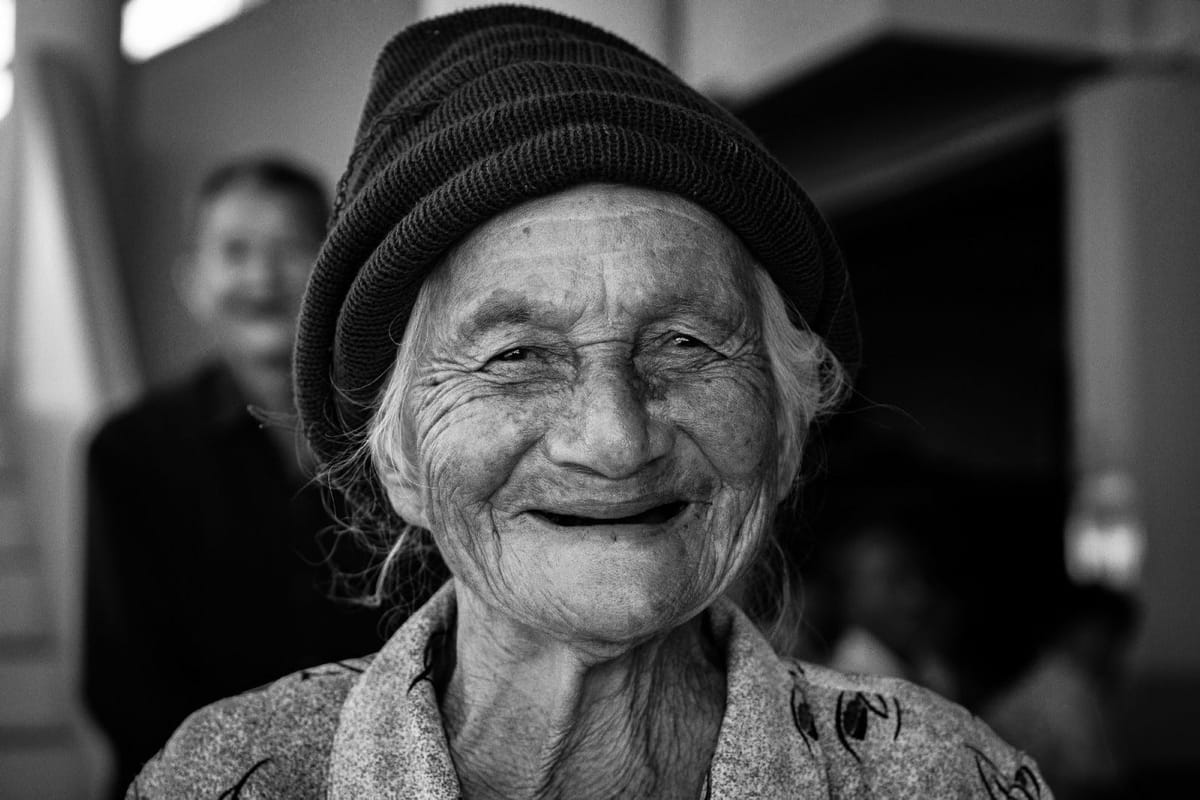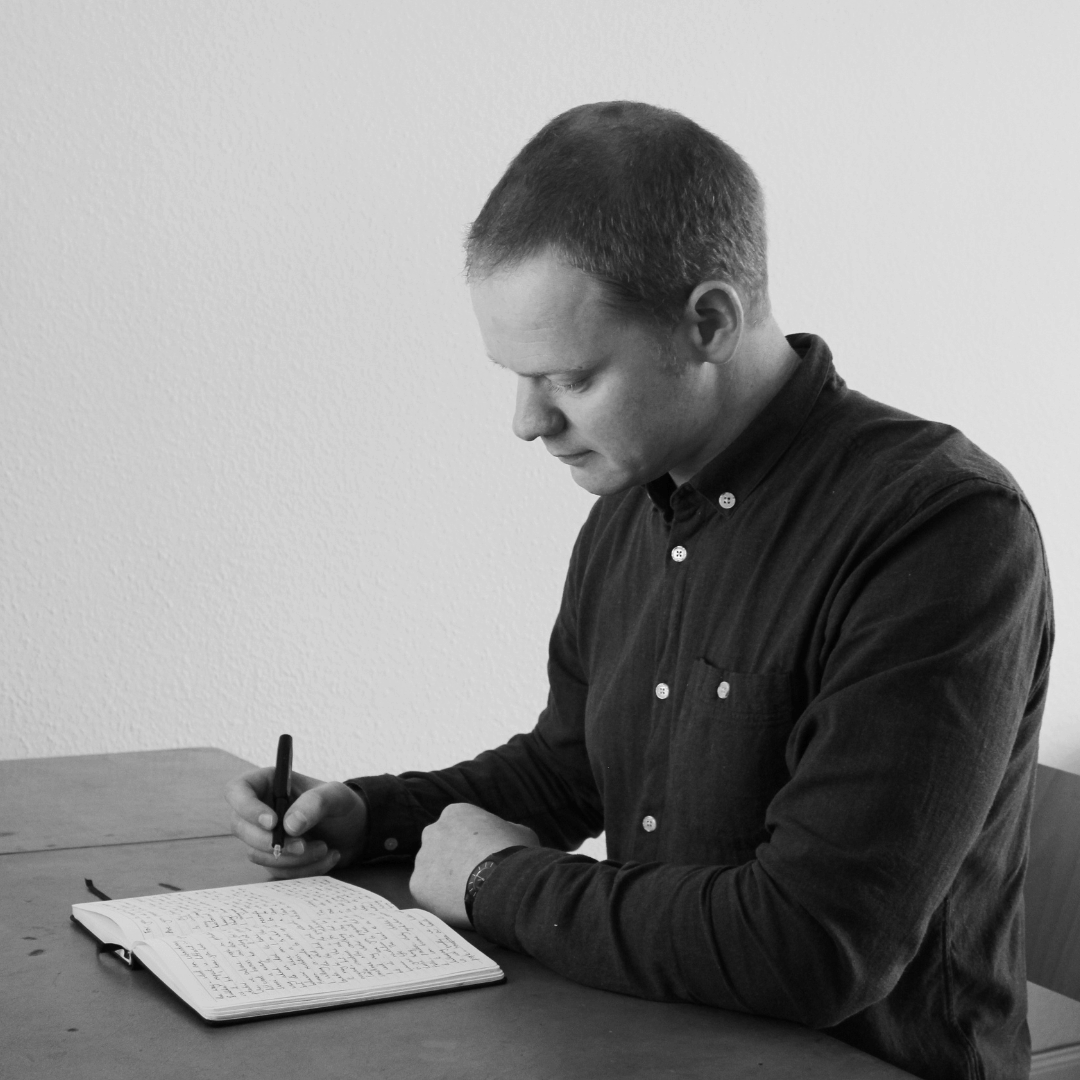Embracing Loneliness & Self-Acceptance
Discover the courage in acknowledging loneliness and the strength in vulnerability—a personal journey through fear, self-discovery, and the transformative power of honest self-acceptance.

It takes bravery to recognise when you’re lonely. We’re all a bit scared of loneliness — of being alone. Of being left. Of not being loved. Or needed. Or recognised.
Whether we acknowledge it or not, loneliness hits a spot of fear in all of us. We all want to be okay. And we mainly wish for other people to see us this way, too.
“Oh, you know — I’m fine. Busy with work, just getting on. How are you?’ as we briskly move the conversation along.
Yet, deep down, other people’s passing notions of our okay-ness provide little assurance. Sure, an ability to divert out true feelings in brief interactions with others may provide temporary relief.
But then, anyone familiar with keeping up appearances will know the effort required to prop up pretence doesn't pay back.
In the end, if we continually conceal an internal, emotional experience to manage an external situation — who are we kidding?
If we feel lonely, pretending everything is fine inhibits an honest inner dialogue.
While avoiding our internal mirror may allow a short reprieve from uncomfortable truths, there’s a longer-term effect. We’re left feeling isolated from ourselves — and this represents a disconcerting position to digest.
A Personal Exeprience
I spent much of my twenties feeling deeply alone. Even now, committing those words to the page requires some act of courage. It’s as though it’s a shameful reflection of who I was. Yet, older (and hopefully wiser), there’s great freedom in laying bare the truth.

I was 25 years old, living in a picturesque, shared flat overlooking the London landscape, working as a music teacher and playing guitar in a promising rock band.
In some ways, I was checking various milestones I’d laid out for myself. Yet, still, I was neither a happy nor confident young man.
If I’m honest, I was lonely and terrified of rejection, loss, abandonment, shame and ultimately, failure.
Of course, there were fun moments and enjoyable late nights, but my life felt tarnished with a pervasive feeling of preparing to walk around a corner, sensing a volley of sharp flying stones were lining up to meet me. I was waiting to be found out.
If you’d asked my friends, I suspect most would not have recognised this crumbling characterisation. I was so busy coping, I didn’t have the mindfulness to realise I was barely surviving emotionally.
All surface smiles, yet deep down, desperately paddling to maintain a facade of togetherness. But why? In hindsight, the alternative — boldly facing my fear and its emotional origins — required a breadth of grit and humility beyond reach.
Courage — like a compassionate friend beckoning me from a faraway hilltop — would will me on in flashes of desperation. Let it out — say how you feel! Yet, I was just too scared to cross the bridge and utter such truths. I was worried I might lose face, or simply not hold it together if I opened up.
Around this time, I attended a weekend Buddhist course — an opportunity to share experiences and life philosophy with other young people. I recall entering the grounds of a beautiful court in Maidenhead — a small town bordering London.
Walking through the gates was a profound moment. I was met with relief but also intense fear. I had a gut-wrenching sense the game was up. I could no longer pretend, and at the same time, I felt petrified of what might happen should I look too closely at why I felt lonely.
The most immediate risk? Should someone ask me how I was, and knowing away from the noise of daily life, my mask might slip and I’d respond by bursting into tears, or fainting, or vomiting, or all of those in the most embarrassing order — whatever this might be). The physical embodiment of my internal turmoil, spewing out uncontrollably.
I’d never be sexy or worthy of friendship or love or compassion again.
Fortunately, none of those things happened — because I left the course. Upon receiving the program for the weekend, my top priority was to scan for group encounters and then rehearse potential escape plans for when things got too much. I didn’t feel brave enough to talk with a room of people.
1:1 passing pleasantries, fine — I was well-rehearsed with these. But opening up to a room of empathetic beings — sharing, I felt lonely and exposed. That I was far from okay, or terrified of humiliating myself? No thanks. My ego wouldn’t take it.
By Saturday night, I’d packed my things and was heading to leave. A couple of sincere faces encouraged me to stay, but this only made my desire to escape more imminent.
Like any decent, aspiring Buddhist, I stopped at the local pub before heading to the train station. Sitting on the train back to London, I felt unsteady yet strangely alive. Like I had been summoned to an honest appraisal for the first time I could recall. It felt like a huge relief.
I knew something significant had happened. I realised I didn’t want to pretend anymore. Pretending I was great had long ceased to serve me, those around me, or, for that matter, anything for which I truly cared.
Looking back, the chaotic approach to getting through my twenties hits me like a thunderbolt. All I wanted was to feel a sense of acceptance and belonging. And should I ever slip and fall; someone would care enough to pick me up.
But to be worthy of emotional safety, I thought I had to pretend I was okay. Why would someone be interested in knowing me unless I was stable and strong?
As a child, safety had largely been a stranger - and my adult self-worth was part of the resulting muddle!
I realised sharing vulnerability is a tremendous asset for finding people I could love and who could love me, too. Vulnerability makes us accessible. It connects us, it makes us human, and it builds bonds of trust.
Accepting I was lost, confused and scared — this would have been the gateway to real, honest and soul-feeding friendships.
Sure, some people may have fallen away, but my heart would have been far more receptive to nurture and love from the right people.
And as for the right people — they’re everywhere. They are waiting to awaken to your (and their own) courage and honesty, too.